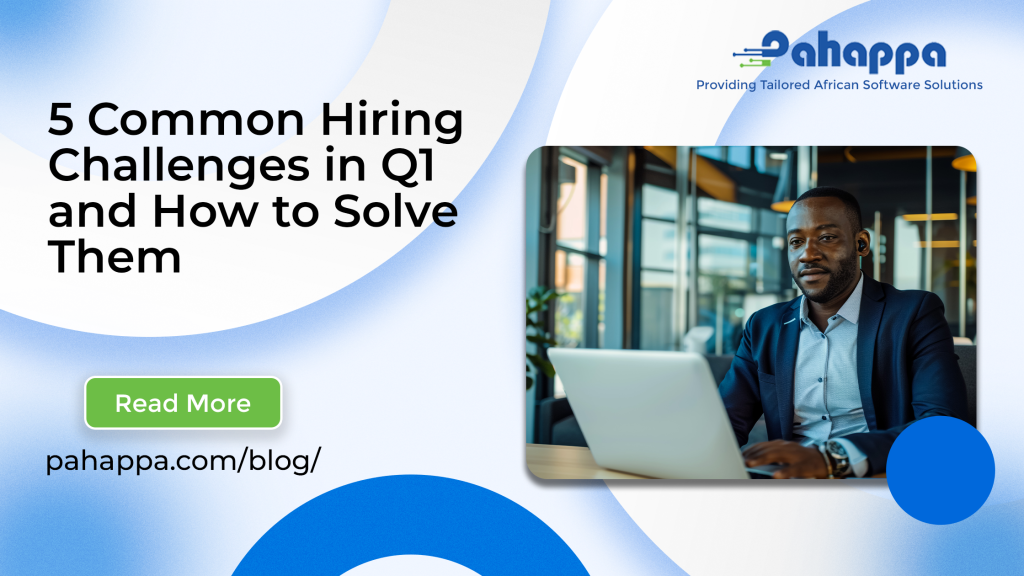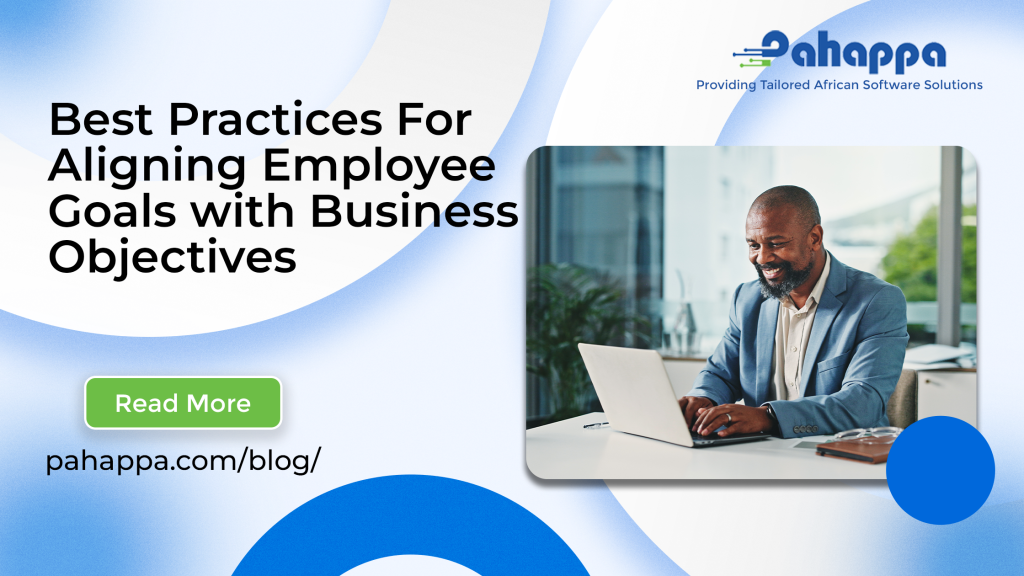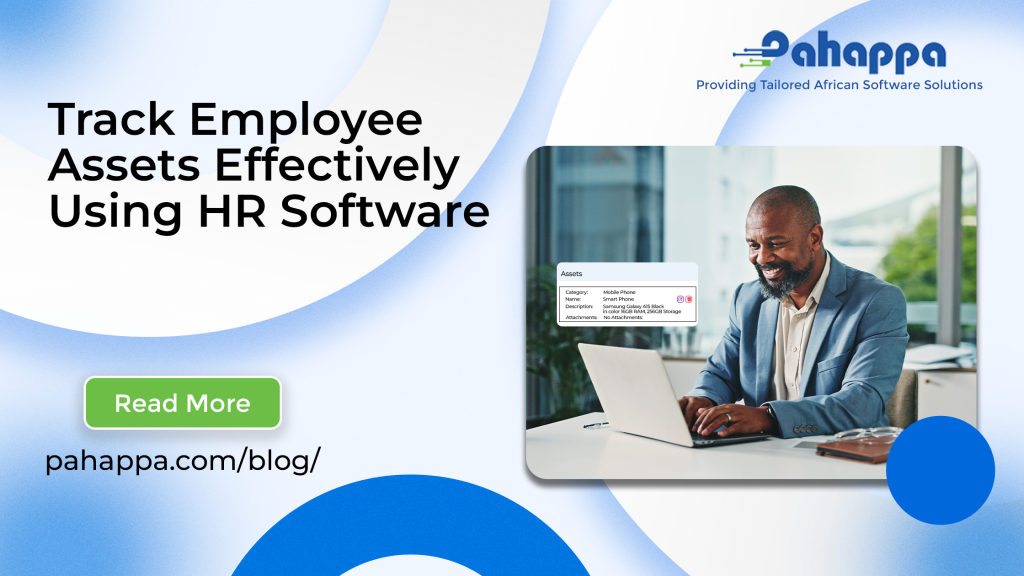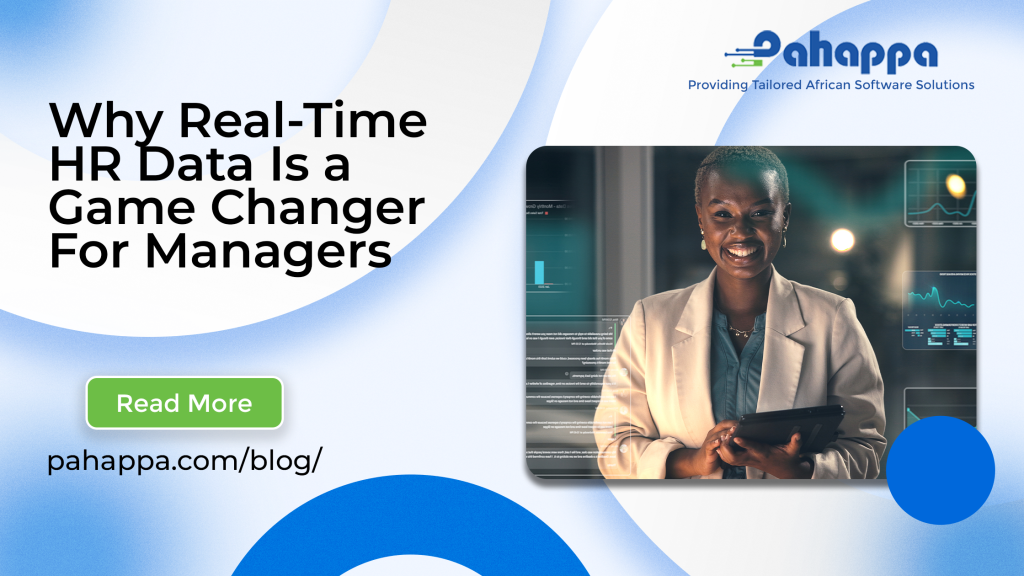With uncertainty and change on the rise, businesses face many challenges. To succeed, companies need a strong workforce that can adapt to change. This ability to adapt is called “workforce resilience.” Workforce resilience means employees can handle challenges, recover from setbacks, and stay productive. It leads to benefits like improved productivity, reduced absenteeism, and better employee well-being. Human Resource Management (HRM) plays an important role in fostering workforce agility and resilience in business. HRM practices, including talent acquisition, continuous learning, flexible work arrangements, and employee well-being initiatives, are essential for developing a workforce capable of responding to emerging challenges. With PahappaHR, businesses can build a resilient and engaged workforce, setting themselves up for success.
Why is workforce resilience a top HR priority in 2025?
- Improved Adaptability and Business Continuity
Workforce resilience enables organisations to adapt quickly to changing circumstances, such as market shifts, technological advancements, or unexpected disruptions. Resilient employees are better equipped to navigate uncertainty, ensuring business continuity and minimising the impact of challenges on the organisation.
- Enhanced Employee Well-being and Productivity
Workforce resilience is closely linked to employee well-being, as it helps individuals manage stress, build coping mechanisms, and maintain their mental and physical health. When employees are resilient, they are more productive, engaged, and motivated, leading to improved job satisfaction and reduced turnover.
- Increased Competitiveness and Innovation
A resilient workforce is better positioned to drive innovation, creativity, and growth. Resilient employees are more likely to take calculated risks, experiment with new ideas, and collaborate with others to achieve common goals. This, in turn, enhances the organisation’s competitiveness, adaptability, and ability to thrive in a rapidly changing business environment.
Key Features of PahappaHR
PahappaHR offers a comprehensive suite of modules designed to address the multifaceted challenges faced by Ugandan businesses, which include:
- Payroll Management
PahappaHR automates salary processing, tax calculations (including PAYE and NSSF), and benefits administration, ensuring timely and accurate payroll while minimising errors.
The accuracy and timeliness of payroll, facilitated by PahappaHR, extend beyond mere administrative efficiency. They form a critical foundation for employee trust and organisational stability, a vital component of resilience.
- Leave Management
PahappaHR systematically tracks employee leave requests, approvals, and balances, creating a transparent system for all stakeholders.
The transparency and automation provided by PahappaHR’s leave management system play a significant role in enhancing employee well-being and reducing stress.
- Attendance Management
PahappaHR enables real-time monitoring of employee attendance and working hours. It integrates seamlessly with HIK biometric devices for secure identification and authentication via fingerprint recognition.
This transparency reduces potential disputes and perceptions of unfairness regarding working hours and compensation, which are critical for building trust within the workforce.
- Employee Self-Service (ESS) Portal
The Employee Self-Service (ESS) module centralises employee information, empowering employees to directly access their payslips, apply for leave, update personal details, and view attendance records through a self-service portal.
This sense of ownership and the transparency it provides are fundamental to building trust and enhancing employee engagement.
- Recruitment & Onboarding
The Recruitment and Onboarding module includes an Applicant Tracking System (ATS) that streamlines the entire hiring process in Uganda. It automates key tasks such as posting jobs, collecting applications, screening resumes, and scheduling interviews, all within one centralised platform.
By ensuring that the right talent is brought into the organisation, this module directly contributes to building a more stable and competent workforce, a foundational aspect of resilience.
- Performance Management
The Performance Management module facilitates goal setting, structured performance appraisals, and continuous feedback mechanisms.
By facilitating ongoing feedback and structured development plans, it directly addresses skill gaps and cultivates a culture of continuous improvement. This proactive approach ensures that employees are constantly evolving their skills and knowledge, making the workforce more capable of navigating change and embracing new challenges.
Why choose PahappaHR?
Scalability: PahappaHR’s scalable HR solutions adapt to your business’s growth, ensuring that your workforce management processes keep pace with your organisation’s evolving needs. Whether you’re expanding, downsizing, or navigating fluctuations, PahappaHR’s flexible solutions help you manage your workforce with ease.
Performance: PahappaHR’s HR solutions optimise workforce performance, enabling Ugandan businesses to achieve their goals efficiently.
With PahappaHR, HR teams can track performance metrics, identify areas for improvement, and make informed decisions to boost productivity.
Reliability: Performs as expected, without frequent failures or errors. PahappaHR provides reliable, accurate, and secure HR management, giving you peace of mind and allowing you to focus on strategic business decisions.
Conclusion
Building a resilient workforce is no longer an option, but a necessity for businesses in Uganda. By prioritising workforce resilience, organisations can unlock the full potential of their employees, drive business growth, and stay ahead of the competition. Take the first step towards building a resilient workforce. Book a free demo today!






